While "social marketing just turned 50 in July of 2021," Hager Sharp president and CEO Jennifer Wayman says there is still a little bit of confusion out there about what it actually is.
"Many people confuse social media marketing with social marketing and really, social media marketing is just one tool of social marketing," Wayman says. "What social marketing is, it's a discipline that integrates behavioral science and social science, as well as commercial marketing principles to create programs and initiatives that improve or benefit society and social good."
To change behaviors in a positive way, Wayman tells Simon that the first step "is understanding what behavior you're seeking to influence." From there, she says, communicators need to have a clear picture of how audiences currently behave, as well as "what they currently think about the issue."
Partnerships are "incredibly important in social marketing," Wayman says, " and if you can create a program that engages those organizations that your audience does trust and respect, you have a much better opportunity to get them to listen to you."
Another basic is research. "There's lots of different tools you can employ—focus groups, in-depth interviews, literature reviews." However, "it's not only research, you can't Google an insight, as my old boss used to say. So, it's that combination of research and your own intuition and understanding."
Wayman also tells Simon that the pandemic has made it "much more important to take a disciplined approach towards developing a social marketing program." Communicators must "hone in on the audience segment you care about influencing and really understanding what their specific motivators might be."
One effect of social media that has affected social marketing is the growing presence of misinformaton and disnformation. To combat them, Wayman says that "you have to monitor it very carefully and be aware of what's out there."
It's also key for communicators to understand the difference between misinformation and disinformation. Misinformation "is innocent mistakes of people sort of passing along things that aren't accurate," while disinformation "is the deliberate attempt to create confusion or sow distrust." She says "they're both important to be vigilant about, and you need to treat each one a little bit differently."
As brands move more strongly into CSR and ESG efforts, "the place that corporations can get involved very easily is on the public-private partnership side and working with the organizations that really do understand the discipline of social marketing."
View all of the interviews in the “PR's Top Pros Talk” series. Subscribe to get notified when new episodes are available.
Interested in taking part? Contact Doug Simon at [email protected]
D S Simon Media helps clients get their stories on television through satellite media tours and by producing and distributing content to the media. The company also produces live social media events.


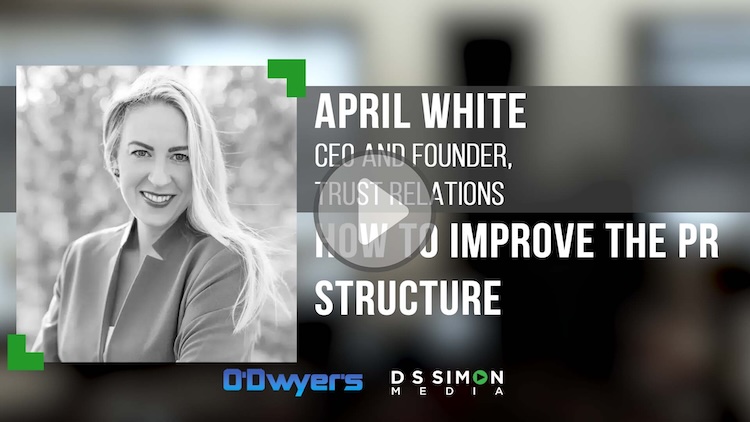
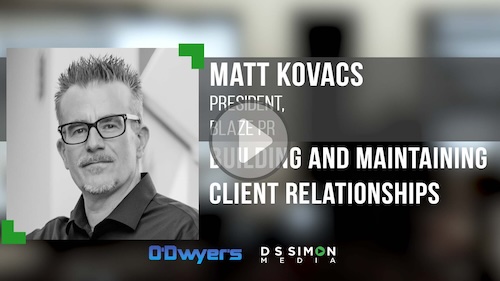
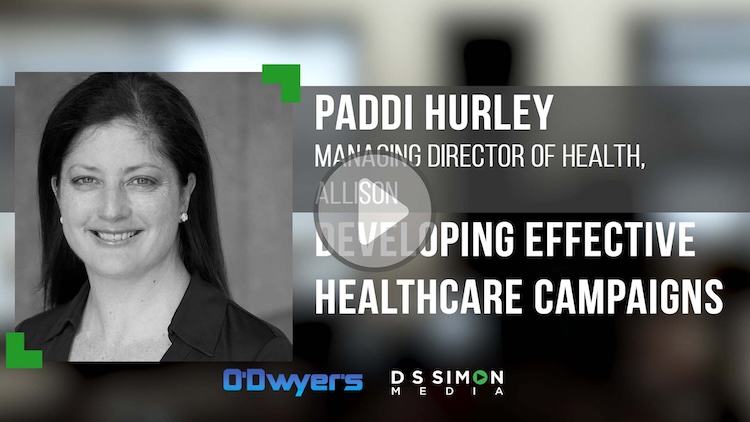
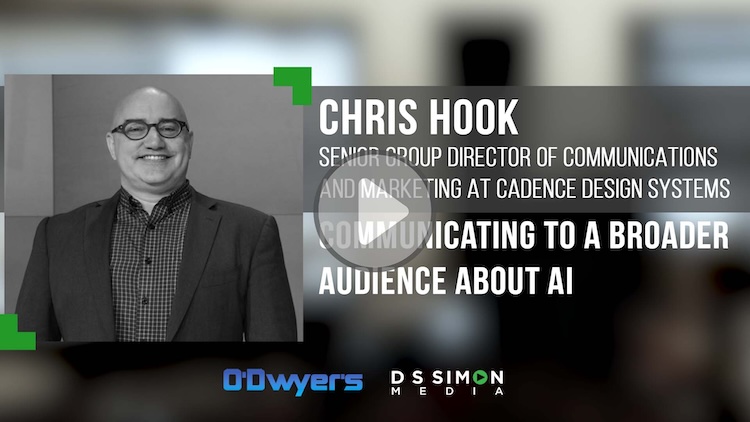
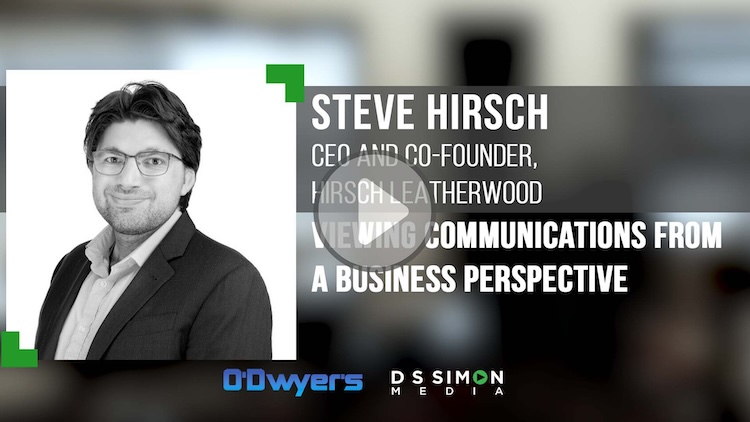



 Have a comment? Send it to
Have a comment? Send it to 
No comments have been submitted for this story yet.